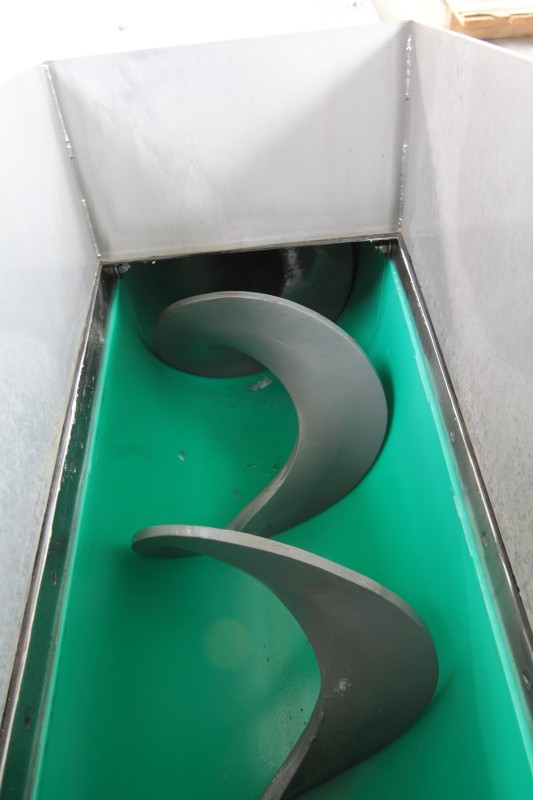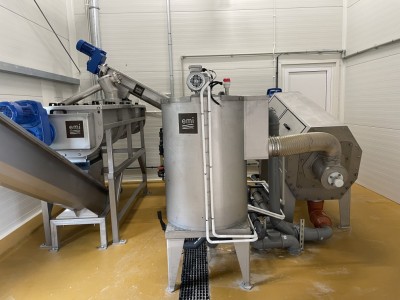

Devices for removing water from sediment by pressing, squeezing and other mechanical methods.

Dewatering of sludge generated during the treatment of industrial wastewater is a key process aimed at reducing the volume of sludge and improving its properties for further processing or disposal. This process involves removing as much water as possible from sludge, which is achieved using various methods, such as centrifuges, filter presses or vacuum dewatering. The main goal of dewatering is to reduce the mass and volume of sludge, which translates into lower transport and storage costs. Dewatered sludge also has better mechanical properties, which facilitates its further processing, such as composting, incineration or biogas production. Additionally, reducing the water content in sludge minimizes the risk of leaks and environmental pollution. The dewatering process can also increase the efficiency of further treatment stages, for example by improving the conditions for anaerobic digestion. Thanks to sludge dewatering, the process of treating industrial wastewater becomes more economical and environmentally friendly.